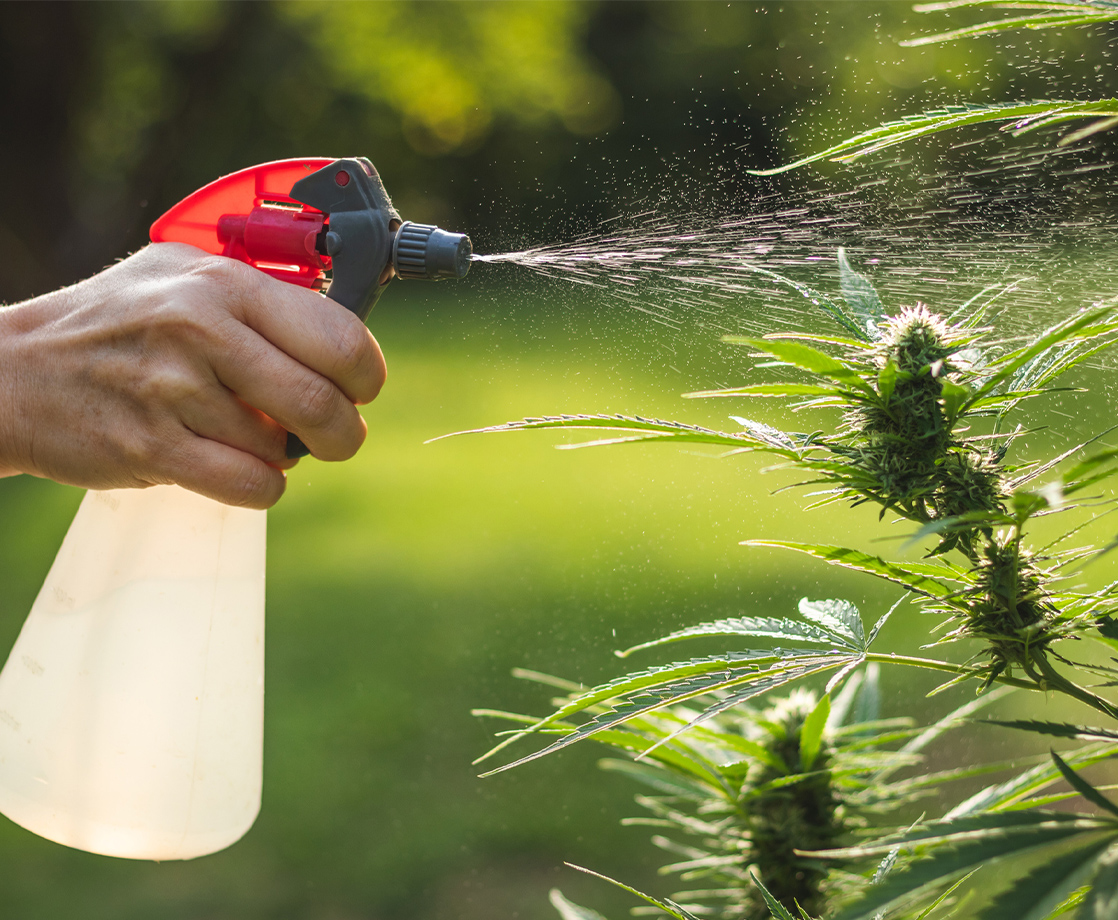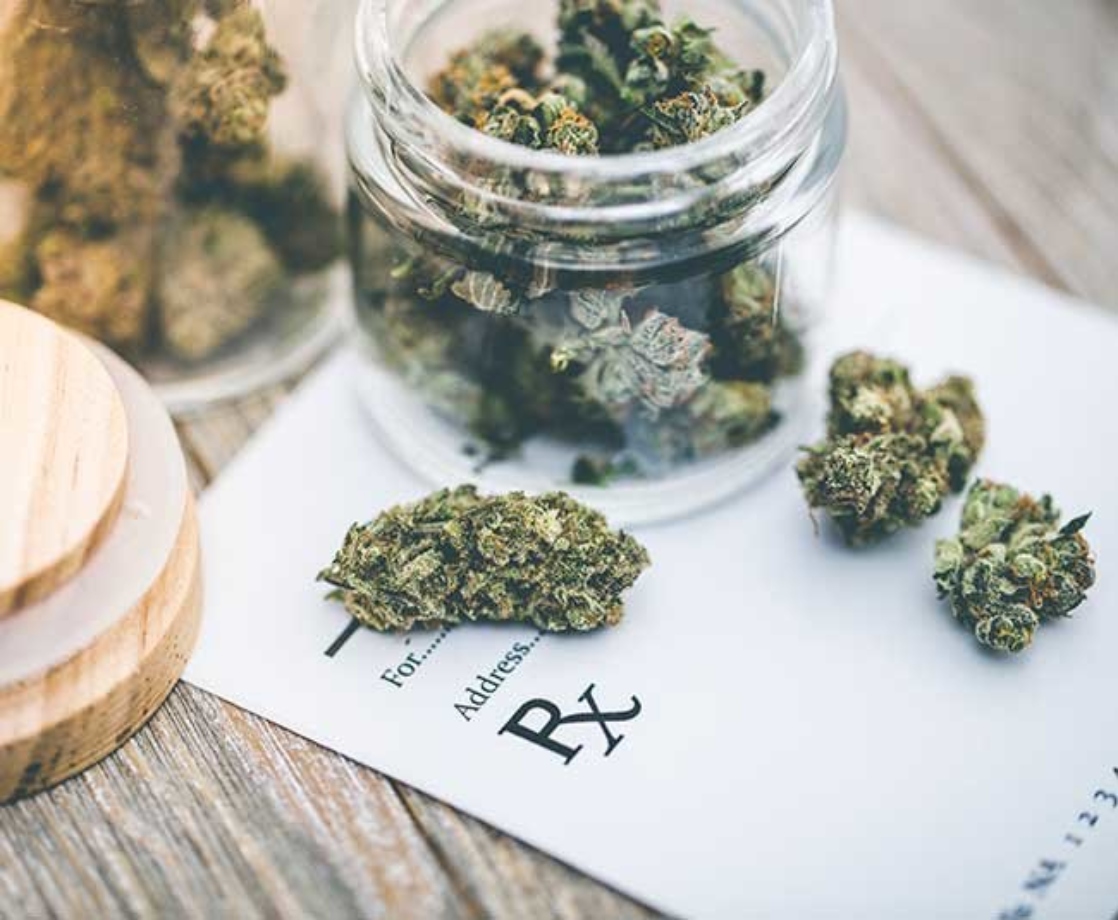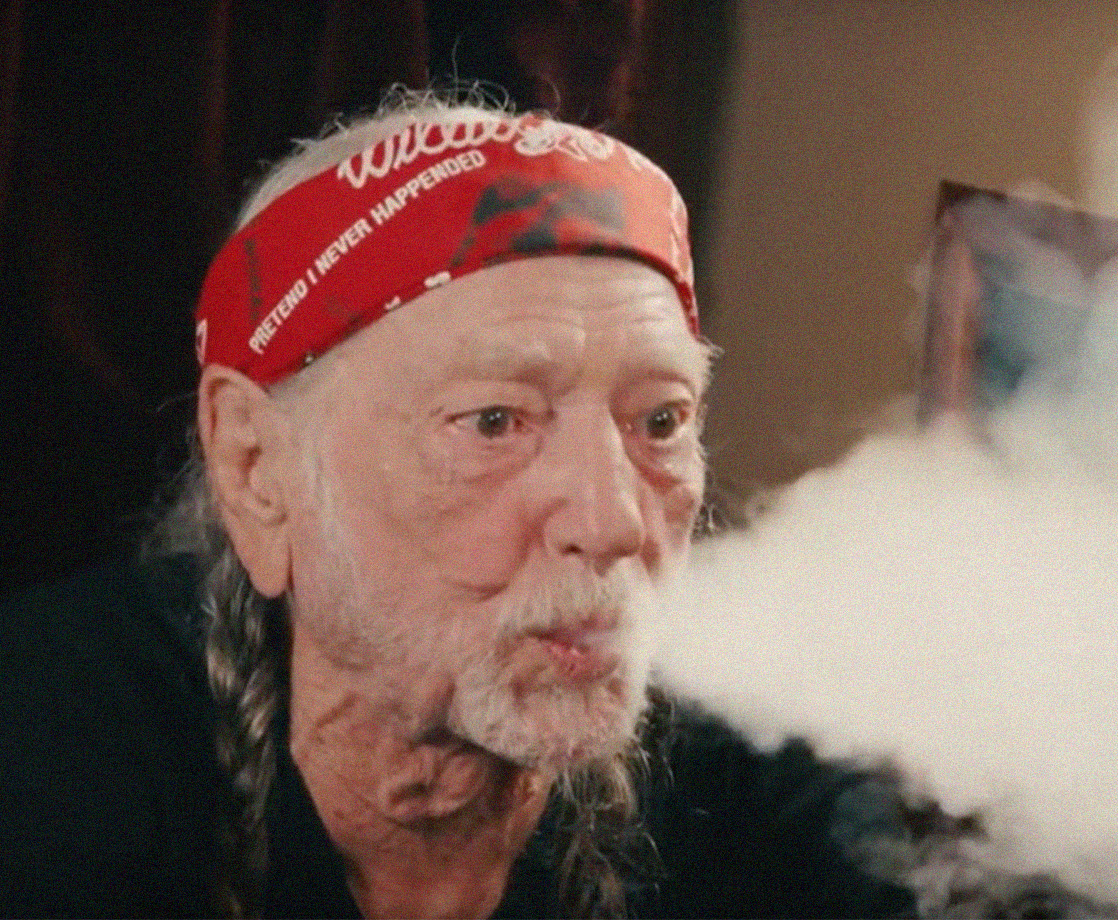Within the next year, certified “comparable-to-organic” marijuana will be hitting California cannabis shop shelves.
Currently, no weed product, state-legal or not, can be designated “organic.” Only the federal US Department of Agriculture (USDA) can certify crops with the official “organic” label, meaning the crop was grown with only naturally-sourced fertilizers or pest repellants. Since marijuana remains outlawed as a Schedule I drug at the federal level, it does not qualify for “organic” certification.
But California’s new OCal Program will certify licensed bud in the Golden State as “comparable-to-organic.” In other words, the weed is organic according to the USDA standards, but it’s not labeled as “organic” to avoid the federal government’s regulatory wrath.
Bumping heads with the feds isn’t the main concern surrounding OCal, though. The main concern is the cost of lab testing products to ensure they’re comparable-to-organic.
“Our hope is that the proposed program will be cost effective enough that the cannabis industry can fully participate,” Sarah Armstrong, policy chair for one of the state’s largest weed trade associations, the Southern California Coalition, told Cannabis Wire. “Right now, testing expenses represent 10 percent of the cost of product production, resulting in an exceptionally pure product at no small expense. Hopefully the Organics Program can work with cultivators to develop methods which ensure the program safeguards purity in a cost effective manner.”
Cannabis cultivated through purely organic methods is nothing new. In fact, that’s how the plant was originally grown, thousands of years ago. Some smaller cannabis operations rely on all-natural techniques for growing their weed, though they can’t legally label it “organic” due to federal rules.
But the feds haven’t stopped companies like Clean Green Certified. Clean Green will confirm if a cannabis producer is following the USDA’s guidelines for organic crop grows, then instead of deeming the products “organic,” the company assigns the products with its own “Clean Green” label.
While the US continues to wrestle with “organic” labels, and who can certify what, Switzerland is already strides ahead of us. Switzerland doesn’t yet have legal recreational weed, but the nation is launching a limited pilot program to study the effects of legalizing adult-use marijuana. And under Swiss law, all of its recreational pot must be grown organically.
For those interested, you can check out OCal’s proposed comparable-to-organic regulations here.
If you wish to send OCal a suggestion or message, regulators are takking public comments until July 7, 2020.











